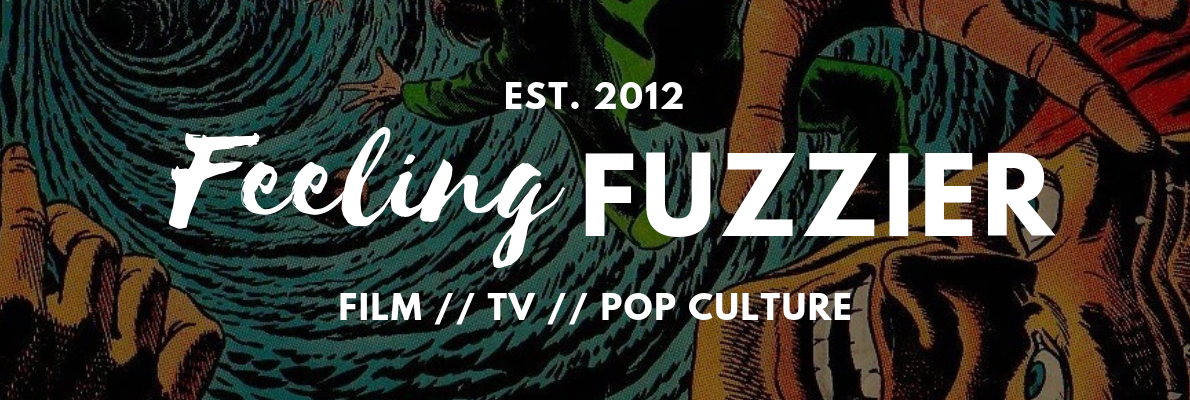Bruce Willis, Samuel L Jackson and James McAvoy square off in Glass, the concluding chapter in M Night Shyamalan's stealth superhero series.
 Pretty much every M Night Shyamalan film has a sting in its tail; it's par for the course. But 2017's Split was different. It concluded by letting viewers in on a little secret – that this was the second chapter in a trilogy that has been quietly bubbling beneath the surface for 16 years.
Pretty much every M Night Shyamalan film has a sting in its tail; it's par for the course. But 2017's Split was different. It concluded by letting viewers in on a little secret – that this was the second chapter in a trilogy that has been quietly bubbling beneath the surface for 16 years.In tying it to 2000's Unbreakable, the twist at the end of Split promised even bigger things to come – a third and final film that mashed the two together, with Bruce Willis' David Dunn and Samuel L Jackson's Mr Glass crossing paths (and locking horns) with James McAvoy's The Horde. Unbreakable's cult fanbase was euphoric; casual viewers no doubt a little bemused.
Nevertheless, flash-forward two years, and Glass arrives in theatres promising exactly that – a conclusion to this unlikeliest and strangest of 'superhero' trilogies. Question is, was it worth the wait or does it shatter under the weight of expectation?
Unfortunately, for this reviewer at least, it's the latter. A muddled and morose affair, Glass smashes Split and Unbreakable together with about as much success as Hillary Clinton's 2016 presidential campaign, with a strong start and lots of promises evaporating into thin air and crashing into a big messy heap at the end. Simply put, it's a bit of a bum note to go out on.
After a lengthy opening segment reintroduces the characters and manoeuvres them around the board, all three main players find themselves held captive at a mental hospital. It's here that Dr Ellie Staple (Sarah Paulson) is introduced – she's a psychologist who specialises in subjects who suffer from the 'delusion' of having superpowers, and has been sent to set David, Glass and The Horde straight. They aren't special; they're just sick.
It's an intriguing premise at first; Paulson doesn't give herself away through her guarded performance, and you're never quite sure what her deal is. And seeing how each of the three leads adapts or responds to her theory is the main crux of the film. In stripping away their beliefs, what do they become? McAvoy in particular shines, mainly because he's actually given things to do. Willis, on the other hand, doesn't. The film doesn't know what it wants him to do or where it wants him to go, so instead he gets relegated to the periphery during the middle act.
 Shyamalan codes his trifecta of main characters through colour; green for David, yellow for The Horde and purple for Mr Glass. Dr Staple, dressed in neutrals, interrogates the trio in a room decked out in pastel pinks. It's a rather overtly comic-book device in an otherwise pared-back world, but it serves to underline one of Shyamalan's main goals with the film – to comment on and explore how superhero stories work, how they travel from point A to point B, and how this story can subvert elements of the genre.
Shyamalan codes his trifecta of main characters through colour; green for David, yellow for The Horde and purple for Mr Glass. Dr Staple, dressed in neutrals, interrogates the trio in a room decked out in pastel pinks. It's a rather overtly comic-book device in an otherwise pared-back world, but it serves to underline one of Shyamalan's main goals with the film – to comment on and explore how superhero stories work, how they travel from point A to point B, and how this story can subvert elements of the genre.However, the intriguing premise soon crumbles away. There simply isn't enough steam in the engine to sustain this film during its lethargic middle act. Dr Staple starts to sound like a broken record; David is practically forgotten about; Mr Glass' running commentary on comics gets tiresome; and the film is spinning its wheels until the third act, where things don't exactly improve.
Shyamalan flings twist after twist at the script (which contains some of the writer/director's most egregious dialogue to date), and the finale soon fizzles out, extinguished by buckets of half-baked ideas. Not only is it underwhelming, it's dour to boot.
The Verdict: 4/10
M Night Shyamalan's long-gestating trilogy falls at the final hurdle. Slow, uneven and fit to burst with creaky dialogue, this is the journeyman director entertaining some of his worst tendencies.
Glass is in cinemas across Australia from today.


No comments:
Post a Comment